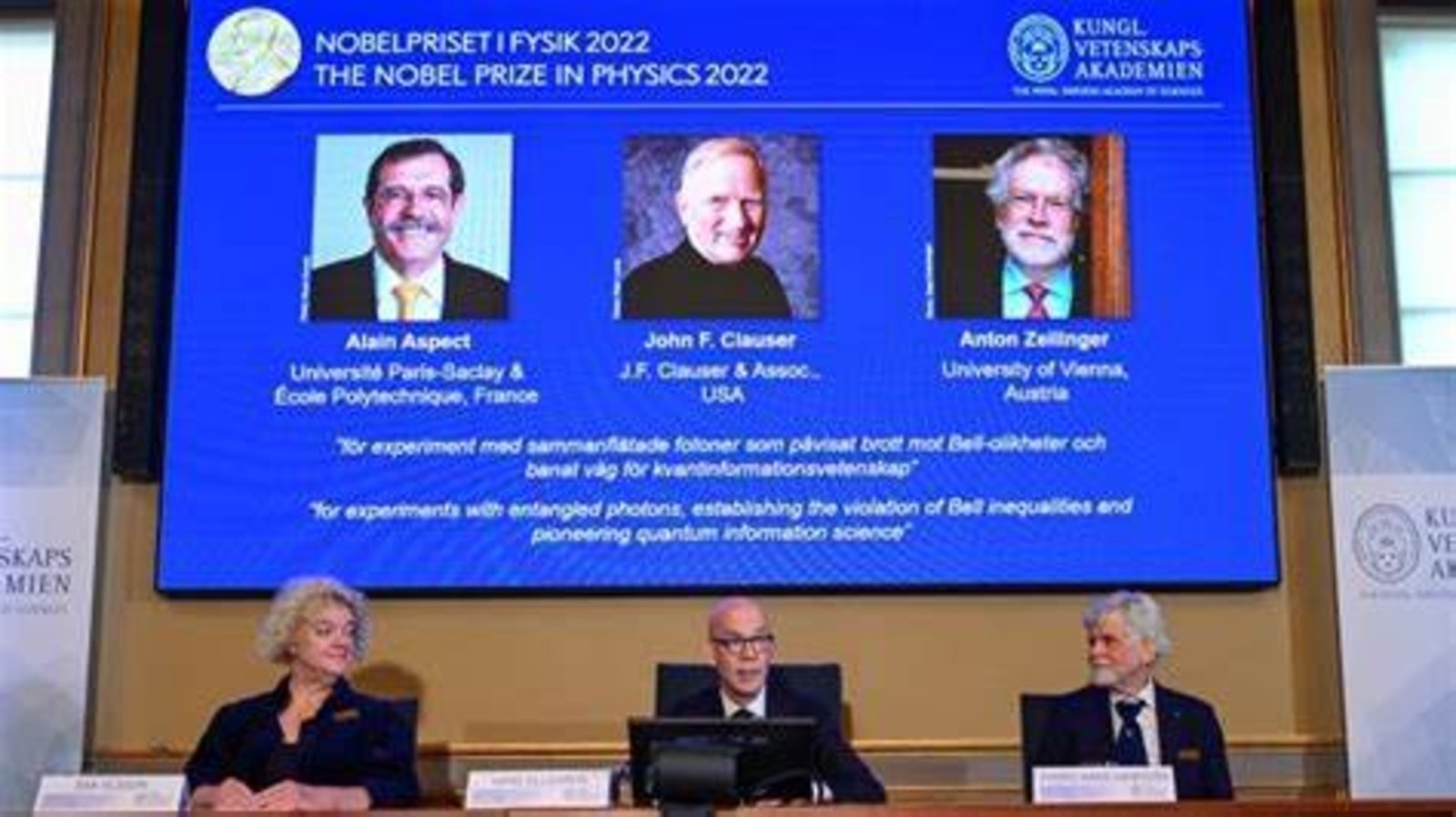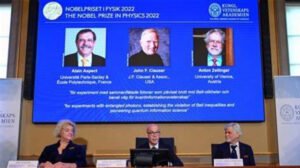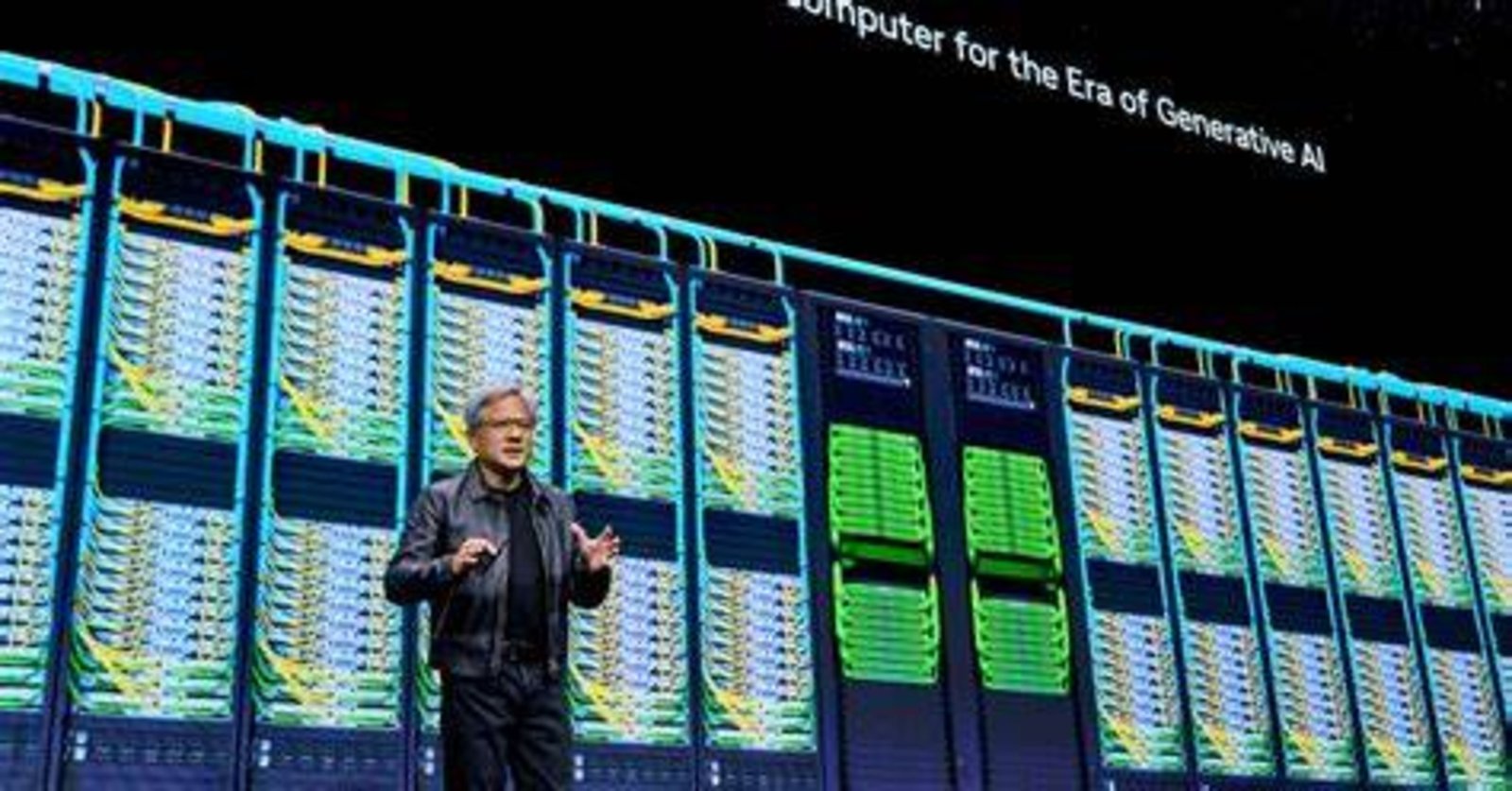
Nobel Win A.I inventions review Future.
The Nobel Prize in Physics has been awarded to John J. Hopfield and Geoffrey E. Hinton for their groundbreaking work in artificial intelligence (A.I.). This award highlights the growing importance of A.I. in our daily lives. Nobel Win A.I inventions review Future
The Significance of Their Work
Hopfield and Hinton’s research provides new methods for computers to learn. The Nobel committee noted that their work mirrors the way the human brain processes information. This innovation has transformed how we approach data analysis and scientific research. Machine learning now plays a crucial role in various fields, including physics.
The committee emphasized that their findings serve as foundational blocks for A.I. technology. They have opened new avenues for tackling societal challenges. The advancements can lead to better materials and more efficient processes in numerous industries.

The Nobel Prize in Physics has been awarded to John J. Hopfield and Geoffrey E. Hinton for their
Dr. Geoffrey E. Hinton: The Godfather of A.I.
Dr. Hinton, often called the “godfather of A.I.,” expressed both excitement and concern about his work. He stated that A.I. could revolutionize society, similar to the Industrial Revolution. Hinton warned that machine learning will surpass human intellectual capabilities. He emphasized that we have no prior experience with entities that are smarter than us.
While acknowledging the positive impacts of A.I., Hinton also voiced his worries. He highlighted potential risks, such as A.I. technologies getting out of control. He believes that advancements could lead to improved healthcare and increased productivity. However, he stressed the importance of managing these technologies responsibly.
Dr. John J. Hopfield: A Diverse Background
Dr. Hopfield, a Chicago native, has made significant contributions across multiple disciplines. He started his career at Bell Laboratories in 1958, studying solid-state physics. Hopfield later moved to the University of California, Berkeley, and then to Princeton University. His research interests expanded to biology and computer science over the years.
In the 1980s, Hopfield focused on neural networks. He developed a model known as the Hopfield network. This model allows machines to store and recall information, mimicking human memory processes. His work has had a lasting impact on how artificial intelligence is structured.
The Nobel Committee’s Recognition
The Nobel committee acknowledged the laureates’ pioneering work. They stated that both scientists have helped lay the foundation for machine learning. Hopfield created structures for storing information. Hinton developed methods for data analysis within large neural networks.
The committee praised their efforts, noting that they have reshaped the landscape of A.I. Their contributions have enabled new applications that benefit society. This recognition highlights the critical role of A.I. in modern science and technology.
Reactions from the Laureates
Upon receiving the news, Dr. Hinton was “flabbergasted.” He shared that the award came as a surprise. He humorously noted he might have to cancel his planned MRI scan due to the news.
Hinton’s reaction underscores the unexpected nature of such prestigious recognition. His lifetime of work has finally been acknowledged on a global stage.
The Broader Context of the Nobel Prizes
This year’s Nobel Prize in Physics was also shared by Pierre Agostini, Ferenc Krausz, and Anne L’Huillier. Their work allows scientists to capture the motions of subatomic particles. This advancement has opened new doors in quantum physics.
In addition to the Physics prize, other Nobel Prizes have also been awarded. Their discovery of microRNA has been fundamental to understanding cell functions.
Upcoming Nobel Prizes in Chemistry, Literature, and Peace will also be announced soon.
Future Implications of A.I.
The potential for improved healthcare and innovative solutions is vast.
However, with these advancements come ethical considerations. The rapid development of A.I. technology raises questions about safety and control. The concerns expressed by Hinton emphasize the need for responsible development and usage.
The Path Ahead
Discussions surrounding A.I. ethics and governance are crucial. The collaboration between scientists, policymakers, and technologists will determine how A.I. shapes our future.
Hinton and Hopfield’s contributions will undoubtedly influence ongoing research. Their work serves as a foundation for exploring new A.I. applications.
As artificial intelligence (A.I.) continues to advance, the future promises both remarkable opportunities and significant challenges. The recent Nobel Prize awarded to John J. Hopfield and Geoffrey E. However, navigating this rapidly evolving landscape requires careful consideration of ethical implications and societal impacts.
One critical aspect of the path ahead involves establishing robust frameworks for A.I. governance. Policymakers, technologists, and ethicists must collaborate to create guidelines that ensure the responsible development and deployment of A.I. systems. This collaboration is essential to prevent misuse and to address concerns related to privacy, security.
Education and public awareness will also play vital roles. As A.I. technologies permeate various sectors, fostering a deeper understanding among the general public is crucial. This involves not only educating individuals about the benefits of A.I. but also empowering them to engage in discussions about its implications. An informed populace can contribute to more democratic decision-making processes regarding A.I. applications.
Conclusion
The awarding of the Nobel Prize to Hopfield and Hinton marks a significant milestone in A.I. research. Their innovative approaches to machine learning and neural networks have revolutionized how we think about technology. As society navigates this rapidly changing landscape, their insights will remain invaluable.
The recognition of their work highlights A.I.’s potential to transform various fields. As we embrace these advancements, it is vital to prioritize ethical considerations and responsible use. The future of A.I.







